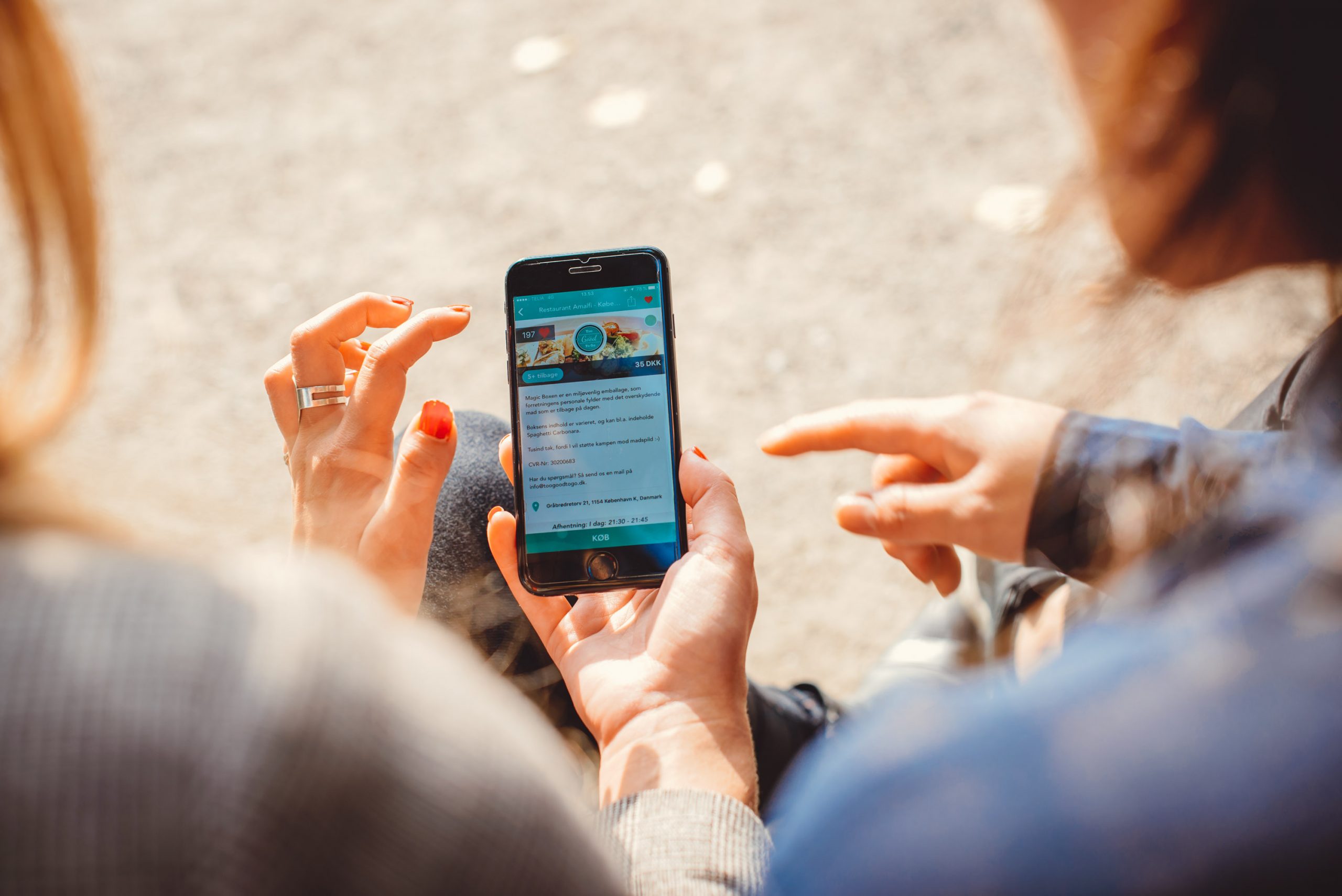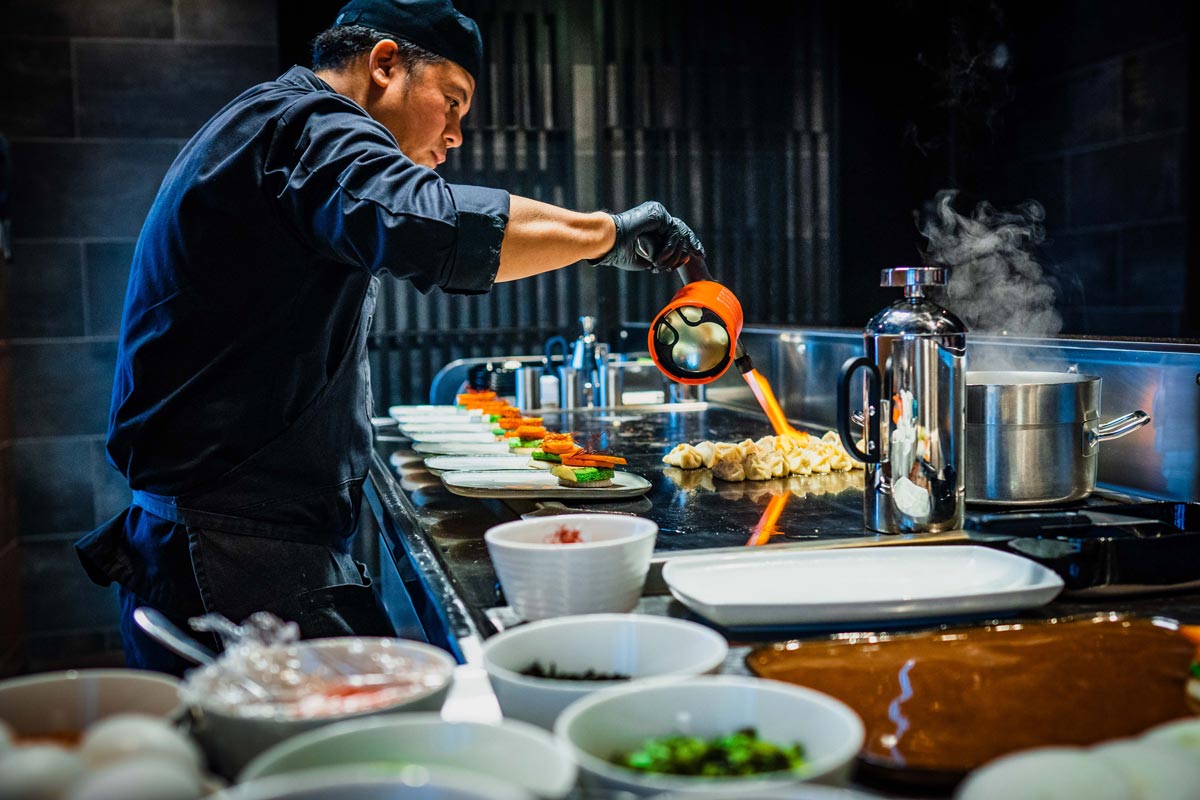One-third of the food produced in the world for human consumption is lost or wasted every year, which is approximately 1.3 billion tons. This waste primarily occurs in the two stages of the food supply chain: the early stage (e.g., food processing and manufacturing) and the later stage (e.g., retail and consumption). In developing countries, 40% of losses occur at the early stage, while, in industrialized countries, more than 40% of losses occur at the later stage (FAO, 2020).
The most responsible actors for food waste at the later stage include markets, grocers, bakers, supermarkets, household, and food services such as restaurants, cafes, and other institutions such as schools and hospitals. FAO (2020) has also identified a lack of coordination between actors in the supply chain as a significant contributing factor to food waste.
The development of ICT has radically changed the food lifecycle, with numerous food-sharing and redistribution websites and apps emerging. In this research, we have focused on the “Too Good To Go” which is an anti-food waste mobile App. Therefore, this study highlights how the TGTG app can be a catalyst for sustainable SB through (1) minimizing food waste, (2) reducing CO2 emissions, (3) serving society by allowing everyone to access quality food at an affordable price and by addressing social needs, and (4) generating revenue.
Our study finds that both restaurant managers and customers are generally satisfied with using the app, especially in terms of economic value. Innovations in ICT significantly diminish transaction costs but require the transparency of all stakeholders involved. In addition, during the COVID-19 pandemic, the hospitality industry (e.g., hotels and catering) has been among the most affected due to adopted measures (e.g., social distancing, travel restrictions, and stay-at-home orders).
The way that restaurant managers deliver unsold food using the TGTG app effectively maintains social distancing, reduces the spatio-temporal interval between sale and consumption, and enriching the service range. Using the TGTG app has also enabled food businesses to generate additional revenue, increase exposure to new customers, be more environmentally friendly, and strengthen their brand image, which all help them to better survive this global crisis.
Vo-Thanh, T., Zaman, M., Hasan, R., Rather, R. A., Lombardi, R., & Secundo, G. (2021).





